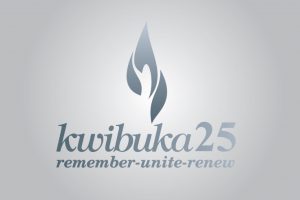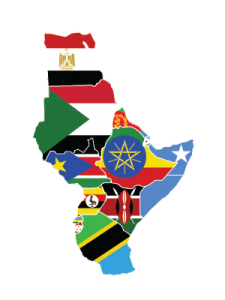Olympism and its values of universality, diversity and friendship have never held more meaning than they do today. The goal of Olympism is to place Sport at the service of the harmonious development of humankind, with a view to promoting a peaceful society concerned with the preservation of human dignity.
As such, the Rwanda National Olympic and Sports Committee, the Association of National Olympic Committees of Africa Zone 5 and the Ministry of Sports and Culture will stage the 1st ANOCA Zone V Youth Games in Kigali, Rwanda in April 2019.
These games will be at the same time a good time to educate the youth of the zone 5 about the impact of sport in building Peace, Unity and reconciliation in the society. Taking example of Rwanda, the genocide perpetrated against the Tutsi resulted from an ideology of hatred, whereby Rwandans were posited to be different from one another. Specifically, the Tutsi population was segregated, stigmatized and perceived as enemy of the Rwandan Hutu political regime.
This ideology of ethnic hatred was continually reinforced and disseminated to the general public through radio and television broadcasts, print media, and public meetings. Importantly, it was taught to youth in schools. Tutsi were sporadically killed, their houses and properties destroyed without any consequences for perpetrators of such crimes, and they were often expelled from school and public service positions. These human rights violations finally led to the 1994 genocide perpetrated against the Tutsi in Rwanda, in which more than one million Tutsi and moderate Hutus were killed in only one hundred days.
After the genocide, the Rwandan government began to strive to reconstruct the nation and craft social cohesion in order to prevent genocide. Specifically, the government now aims to fight against any forms of genocide ideology, or the propagation of divisive beliefs, as it was a root cause of the genocide. In this vein, sports was viewed as a powerful tool that could help to foster unit and reconciliation and combat any kind of divisionism among Rwandans.
Sport plays a significant role in the development of communities; it brings people together to interact, play and engage in conversations that build social harmony. Sports positively impacts on social development and economic sustainability; they empower people and teach leadership and citizenship skills while inculcating cooperation toward shared goals. They challenge inequalities in gender, race and disabilities and can be a means to educate young people against anti-social behaviour.
Based on those powers of sports, the Rwanda National Olympic and Sports Committee (RNOSC), the Association of National Olympic Committees of Africa and the Ministry of Sports and Culture (MINISPOC) are organizing the Zone 5 Regional Youth Games to also spread the values and ethics of friendship, respect, excellence and humanism to the entire Zone 5 communities.


